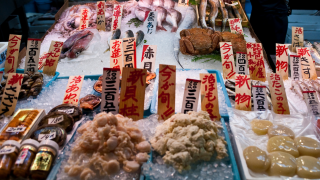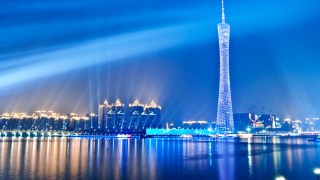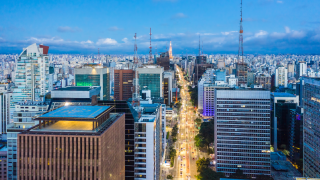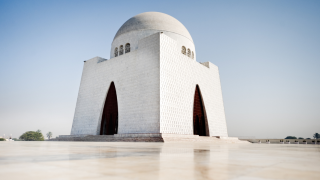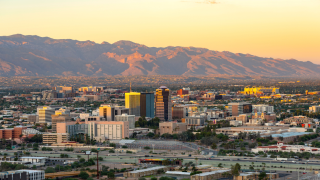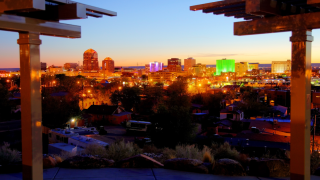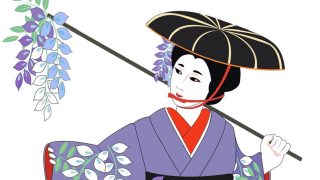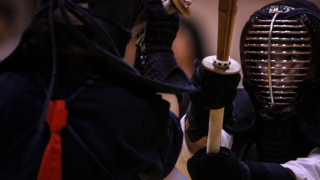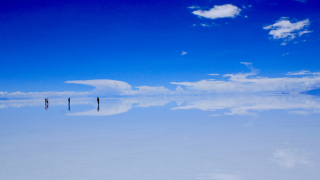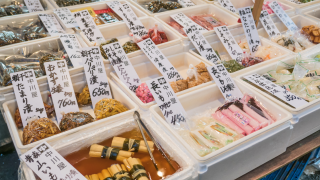 TOPIC
TOPIC How Do Japanese People Feel About Tsukiji Outer Market? The Charms Foreign Visitors Should Know
For Japanese people, Tsukiji Outer Market is both a place to eat and a place to connect with culture. Beyond sushi and tamagoyaki, the skills of craftsmen and the lively interactions among people make the market special. This article explains how Japanese visitors feel and what foreign travelers should know before visiting.

